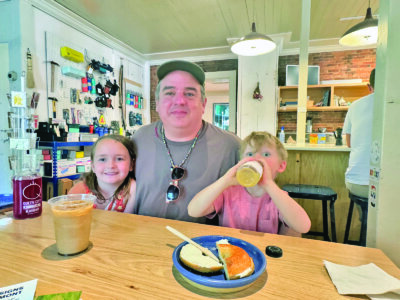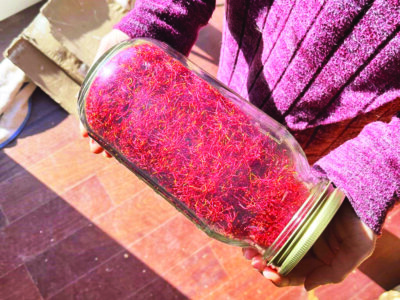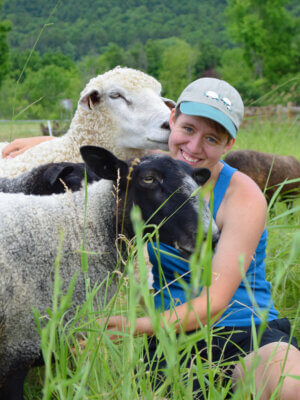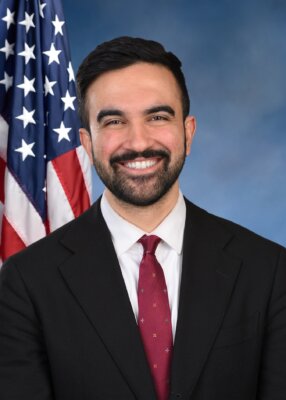Act 143 and the Future of Farming in Charlotte
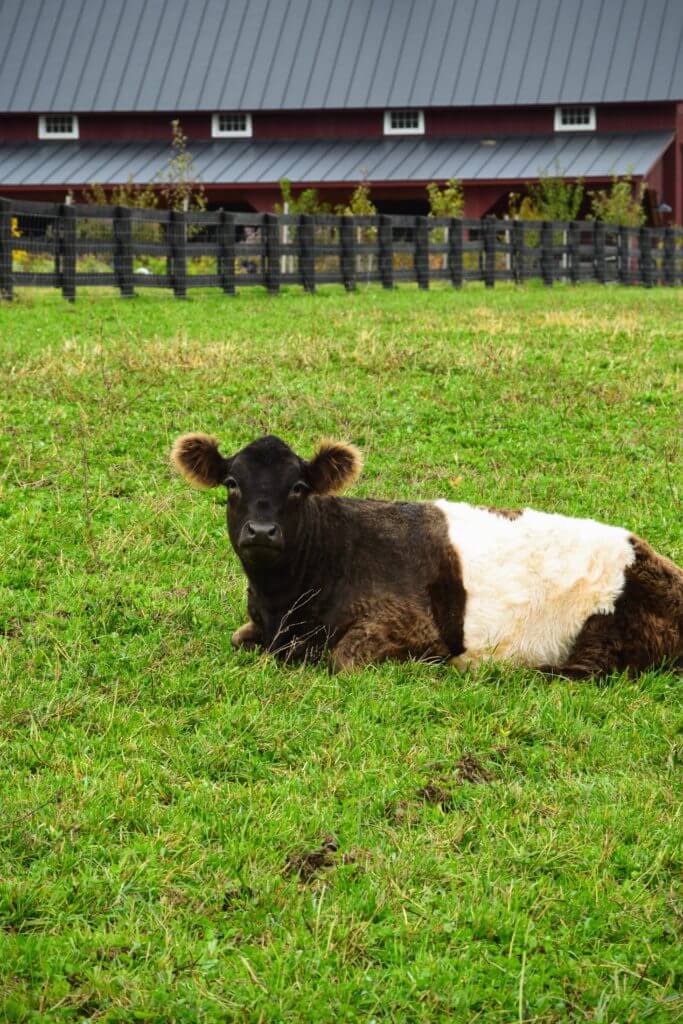
The Town of Charlotte has a long history supporting agriculture and attracting residents who value a working landscape. Throughout our state, farms provide numerous services in their communities: fresh food, jobs, diverse small businesses and open landscapes, as well as a range of ecosystem services from water quality to wildlife habitat, healthy soils and the mitigation of climate change. And yet, farming in Vermont is endangered: The state has lost approximately 10 percent of its farms every year for the last five years.
In 2018, the Vermont Legislature passed Act 143, a new law to help farms survive financially. The law allows farmers to develop accessory on-farm businesses as a means to diversify their revenue and welcome the public to experience the farm first-hand. Implementing Act 143, however, has been complicated for the town, for farmers and for anyone involved, starting with the most fundamental questions: What is an on-farm business, what can they do or sell, and how do towns track or regulate them?
The state says on-farm businesses include the storage, preparation and sale of qualifying products, provided that more than half the products are principally produced on the farm. That sounds clear, but what is a “qualifying product,” what does it mean to be “principally produced,” and if the town wanted to evaluate qualifying products, how would they do so?”
Philo Ridge Farm has participated in this process from the beginning. This year, from our two acres of vegetables and 200+ acres of pasture, we processed and sold on-farm over 100 varieties of fruits and vegetables, 10,000 pounds of grass-fed beef, 33 grass-fed lambs, 2,400 pastured chickens, 35 pastured pigs and well over 10,000 eggs. By tracking our sales and sharing our experience with the Selectboard and Planning Commission, we hope to make this process easier for farmers and farm businesses who go through the process after us.
Our experience so far has been two-fold. First, it is hard to determine whether value added products are “qualifying” and what it means to be “principally produced.” Take pumpkin pie: It has pumpkin and eggs from Philo Ridge Farm, along with flour, dairy and sugar that we don’t produce ourselves. Does that qualify in its entirety or only a percentage? Is that percent by weight or cost? Does it matter if we use products from our neighbors, like flour from Nitty Gritty Grain or cream from Kimball Brook? What if we make apple pie including apples from Shelburne Orchards to augment our own? These questions are difficult to determine and harder to track.
Second, we have found existing regulatory hurdles for a farm business to be substantial without any additional oversight. Opening our market required a site plan with property boundaries and setbacks, a highway access permit to improve the driveway, a wastewater permit, a transient non-community potable water supply permit, a fire inspection, a meat processing license, a milk handlers license, a health department inspection and three health department licenses—one to process food for sale, one for baked goods and a third to serve food to the public. From our experience, if Charlotte wants to encourage the next generation of farmers, we should be making new farm businesses easier, not harder.
One promising concept from the Planning Commission is to develop and maintain a “directory” of all accessory on-farm businesses and any farm applying for an exemption under Act 143. This directory could include the business location and size, range of agricultural products produced for sale, and the farm’s status under Vermont’s Required Agricultural Practices. This structure would put the town staff in a position to advise rather than regulate—and in developing a data set of actual on-farm businesses, Charlotte could provide an invaluable resource for other farmers and for towns around the state that are wrestling with the same questions.
In the meantime, I have a typewritten page of suggestions. “What do I like about Charlotte?” it begins, “The open country—the meadows and pastures and woodlands, the views of the lake and mountains—but especially the generous people who live here. I would like to see the economy of the town based on agriculture, including vegetable, fruit and meat production, with a related tourist business.”
Those words were written to the Charlotte Selectboard by my grandmother, who then says, “In this year of 1968, it is probably not possible for anyone to make a good living by family farming alone. However, more people could live better by some part-time farming.”
Clearly, the questions we’re asking are not new to Charlotte, nor are the challenges of farming in Vermont. While I no longer live on grandmother’s land on Converse Bay Road—where I grew up harvesting eggs and asparagus and seemingly endless cherry tomatoes—that land has defied the odds. Rather than growing more houses, those gardens and meadows have become ShakeyGround Farm, home to another generation of farm business in Charlotte. I am hopeful that Act 143 gives us a platform to support more farms, farmers and new farm businesses in our town.
Tad Cooke is a third generation Charlotter and the manager of Philo Ridge Farm.
Related Stories
Popular Stories
If you enjoy The Charlotte News, please consider making a donation. Your gift will help us produce more stories like this. The majority of our budget comes from charitable contributions. Your gift helps sustain The Charlotte News, keeping it a free service for everyone in town. Thank you.
Andrew Zehner, Board Chair




